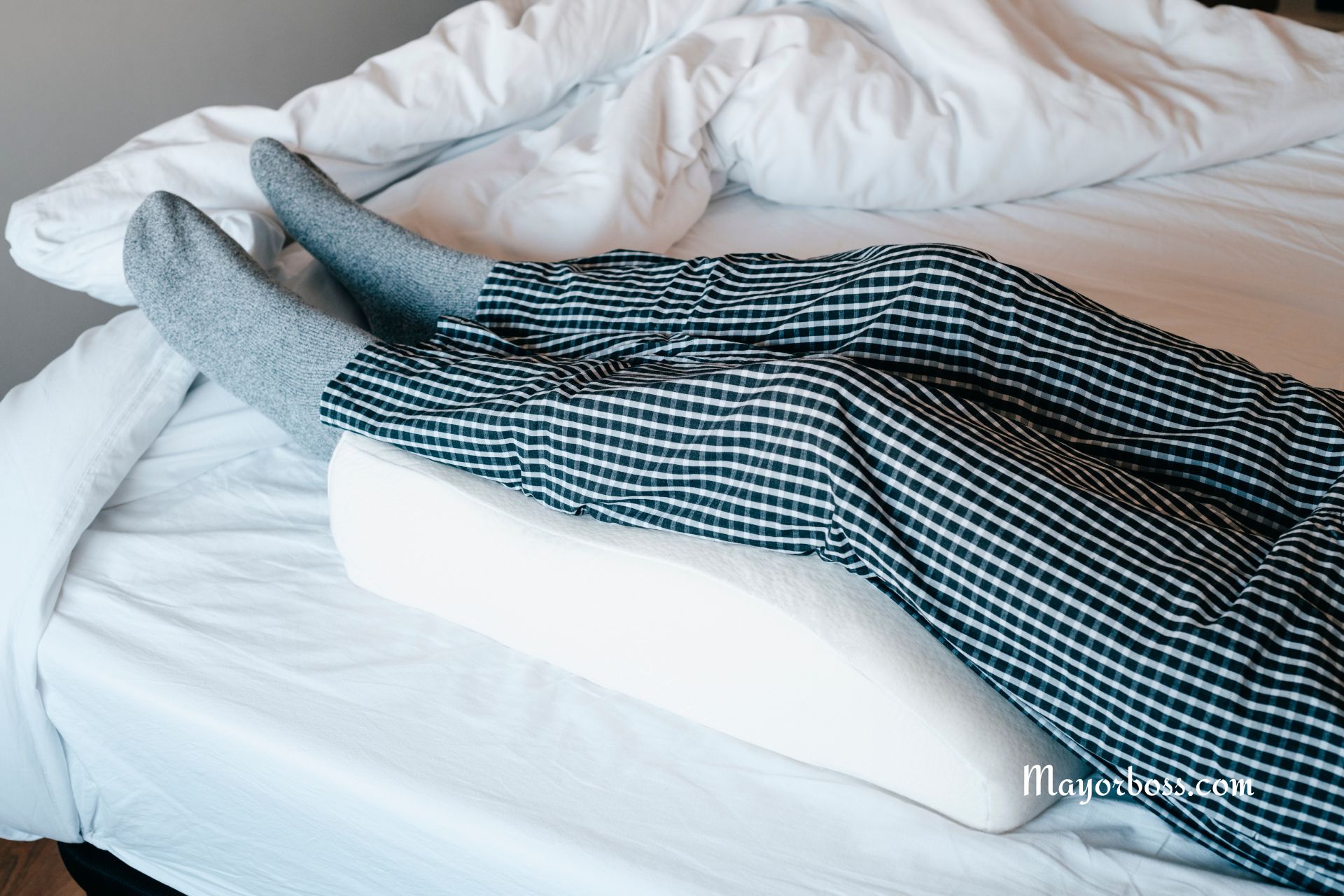Tired of Waking Up to Pee? Do This With Your Feet Tonight
Waking up multiple times during the night to pee can disrupt your sleep and leave you feeling tired the next day. This condition, known as nocturia, affects many people. Fortunately, there are strategies you can adopt to minimize these nighttime interruptions. One surprisingly simple method involves an evening routine with your feet. So, keep reading about why you’re waking up to pee and what you can do about it, focusing on a technique involving your feet.

Why You Wake Up to Pee
Waking up frequently at night to urinate can be due to various factors ranging from the natural aging process to the types of fluids you consume before bed. Your body’s production of a hormone that helps concentrate urine while you sleep decreases with age, leading to more fluid passing through your kidneys and into your bladder. Drinking diuretics like coffee or alcohol in the evening can exacerbate this issue.
A Simple Evening Routine for Your Feet
Believe it or not, a relaxing foot routine before bed can help manage nighttime bathroom visits. Here’s what you can do:
Warm Foot Bath
Soaking your feet in warm water for about 15 to 20 minutes before going to bed can help. The warmth from the water not only relaxes your body but also helps with blood circulation. Improved circulation means that your body can more efficiently manage fluid levels, reducing the amount your kidneys need to process right before sleep.
Elevation
After your foot bath, while lying in bed, try elevating your feet with a pillow or two. Elevating your feet for around 20 minutes helps drain excess fluid from your legs back into your bloodstream, where it can be processed by your kidneys before you fall asleep. This technique reduces the volume of fluid that ends up in your bladder during the night.
Gentle Foot Massage
A gentle foot massage after soaking can further enhance circulation and relaxation. Use a mild pressure technique to massage from the toes towards the heels. This not only feels great but also helps distribute fluids more evenly throughout your body, potentially reducing the need to urinate at night.
Why This Works
The logic behind these steps is all about managing fluid distribution in your body. By improving circulation and ensuring that excess fluid isn’t pooling in your legs, you’re helping your body balance fluid levels more effectively. This means there’s less pressure on your bladder through the night.
Additional Tips to Reduce Nighttime Bathroom Trips
- Monitor Fluid Intake: Try to limit fluid intake 2-3 hours before bedtime, especially drinks that are known diuretics.
- Check Your Medications: Some medications can increase urine production. If you suspect this is the case, discuss alternatives with your doctor.
- Maintain a Healthy Sleep Schedule: Going to bed and waking up at the same time every day helps regulate your body’s natural processes, including urination.
When to See a Doctor
If you’ve tried these tips and still find yourself waking up frequently to pee, it might be time to consult a doctor. Persistent nocturia can be a sign of underlying health issues like a urinary tract infection, diabetes, or sleep apnea.
Frequently Asked Questions
1. Can what I eat also affect nighttime urination?
Yes, certain foods, especially those high in salt or sugar, can increase fluid retention and urine production. Try to eat a balanced diet and avoid heavy or rich foods close to bedtime.
2. Is nocturia more common as you get older?
Absolutely. Changes in hormone levels, bladder function, and the kidneys’ ability to concentrate urine can all contribute to nocturia as you age.
3. Can exercise help with nocturia?
Regular exercise can improve overall circulation and help manage fluid balance in the body. Just avoid vigorous exercise close to bedtime, as it can interfere with your ability to fall asleep.
Implementing a nightly routine focusing on your feet’s care might seem unconventional, but it’s a simple, non-invasive way to potentially improve your sleep quality. Coupled with lifestyle adjustments, these steps could lead to fewer disruptions and more restful nights.
